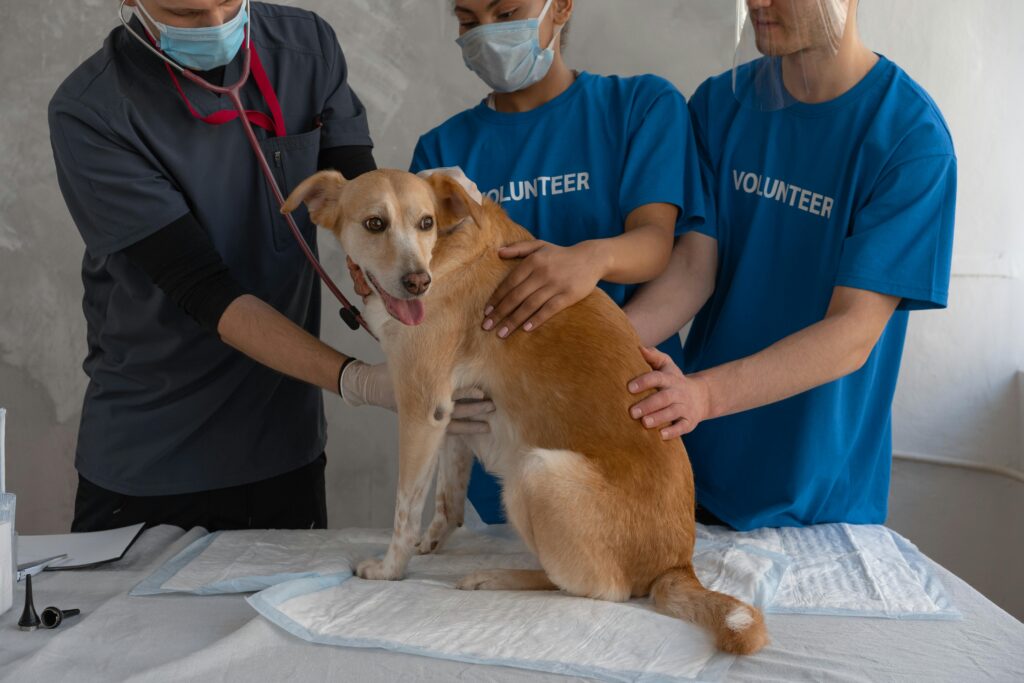
If you’re a new puppy parent, one question that’s probably crossed your mind is: How long should puppy naps be during the day? Puppies play hard and sleep even harder, but understanding the right amount of nap time can help your little furry friend grow up healthy, happy, and well-adjusted.
Let’s dive into everything you need to know about puppy nap schedules, what’s normal, and how you can support your pup’s rest habits.
Why Do Puppies Need So Much Sleep?
Just like human babies, puppies need a lot of sleep to support their rapid physical and mental development. Their little bodies and brains are growing fast — learning new sights, smells, and experiences each day.
In fact, most puppies sleep between 18 to 20 hours a day during their early weeks. That might sound like a lot, but this sleep is essential for:
- Brain development
- Muscle and bone growth
- Strengthening the immune system
- Learning and memory processing
When asking how long should puppy naps be during the day, it helps to understand that this high amount of sleep isn’t just normal — it’s necessary.
Average Puppy Nap Lengths by Age
Puppies don’t usually follow a rigid nap schedule, but you can expect general patterns depending on your puppy’s age:
- 8–10 weeks old: Puppies this young may sleep every hour or two, often for 30 minutes to 2 hours at a time. Don’t be surprised if they fall asleep mid-play!
- 10–16 weeks old: Nap times may become slightly longer and less frequent. You may see your puppy napping 3–4 times during the day for 1–2 hours each.
- 4–6 months old: As their energy and stamina increase, daytime naps may become more scheduled. Puppies might take 2–3 naps lasting 1–2 hours.
- 6+ months old: Older puppies may begin transitioning toward an adult dog sleep pattern, with one long nap in the afternoon and regular nighttime sleep.
So, how long should puppy naps be during the day? On average, daytime naps can range from 30 minutes to 2 hours depending on your puppy’s age and activity level.
Signs Your Puppy Is Getting Enough Sleep
Worried your pup might not be napping enough? Look for these signs of healthy sleep habits:
- They fall asleep easily after play or meals
- They wake up happy and energetic
- They aren’t overly cranky or hyper
- They nap in safe, quiet spots
On the other hand, a sleep-deprived puppy might become extra bitey, overexcited, or whiny. If your pup is showing signs of exhaustion but fighting sleep, try to reduce stimulation (turn off the TV, put toys away) and encourage calm time.
Tips to Support Healthy Nap Habits
Helping your puppy nap well during the day is all about creating the right environment. Here are some simple tips:
- Create a quiet nap zone – Use a crate or puppy bed in a calm area of the house so your puppy knows it’s a safe place to rest.
- Stick to a routine – Puppies thrive on consistency. Try to offer nap times around the same periods each day, such as after meals or walks.
- Avoid overexcitement – Don’t overstimulate your puppy with too much play right before they need to rest. Instead, wind down slowly.
- Let them sleep – It’s tempting to play with a sleeping puppy, but avoid waking them unless necessary. Let them get that important deep rest.
- Monitor sleep quality – If your puppy seems restless or wakes up often, check that they’re not too hot, cold, or disturbed by noise.
When Should You Be Concerned?
In most cases, there’s no need to worry if your puppy is napping a lot — it’s completely normal! However, call your vet if:
- Your puppy is lethargic even after naps
- They’re sleeping more than 20 hours a day beyond 16 weeks of age
- They’re very difficult to wake or don’t respond to stimulation
- You notice changes in appetite, vomiting, or other unusual symptoms
These could indicate health issues rather than normal puppy tiredness.
Final Thoughts
Understanding how long should puppy naps be during the day helps you build a healthier daily routine and support your puppy’s development. Most pups will nap frequently — and often unexpectedly — during the day. With the right environment and schedule, you’ll ensure your puppy gets the rest they need to grow into a well-behaved and happy adult dog.
Give your pup time to recharge, and you’ll both enjoy better days full of fun, learning, and love. 🐾💗Petsdogpuppy

